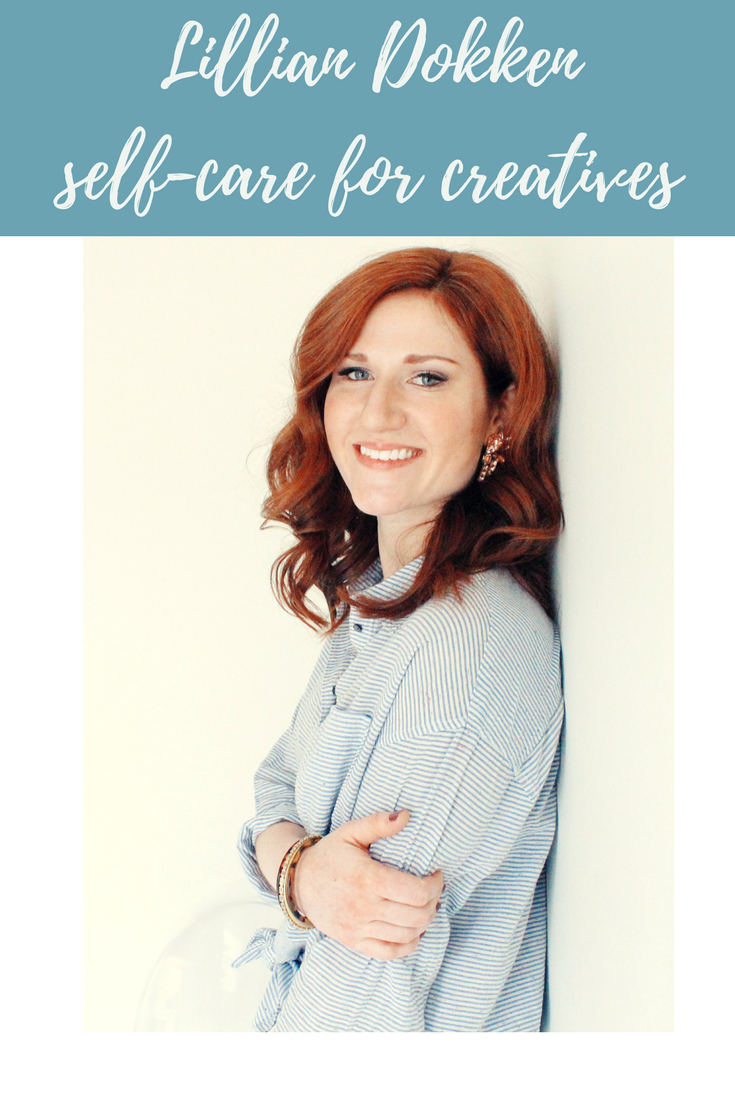Want to Know What Other Women Do For Self-Care?
/Stuck In a self-care rut? Needing some inspiration?
When I ask what you need to create a self-care plan the answers usually include “more time” and “a better understanding of what self-care actually could look like.” This blog series may not help you find more time, but it will give you a glimpse of what self-care looks like for a handful of wonderful women.
In 2018, I asked a few friends to share what they do for self-care in the Nashville Self-Care series. They shared their practices and inspired many readers to strengthen their current self-care practices. They will share their annual, weekly, and daily self-care practices that they use in their self-care plan. You can read the blog that fits with you most, but each of these women give insight it what may help you build your self-care plan.
Self-care stories and Self-Care Plans can be really Helpful in making your next right step.
I hope these self-care stories give you some helpful tips and clarity around other women’s practices. There is no perfect self-care plan and everyone does it a little differently. You need to find what works for you in this season of life. My self-care practices in 2018 look differently than they did in 2019 as a new mother. Finding long-term self-care skills are necessary for the bad days and make the good days even better.
here are some next Self-Care steps:
If you want to take my Self-Care Skills quiz then take it here. You will receive my free Self-Care Planner in your email after taking the quiz and have weekly emails about Self-Care in your inbox.
If you want to download my free Self-Care Planner without taking the quiz then click here. You will receive the Courageous Action Newsletter with weekly practices and helpful tips to build your Self-Care plan.
If you are wanting to add seeing a licensed therapist as a part of your self-care plan and live in Tennessee, please schedule a free 15-minute phone consultation. If you live outside of Tennessee, then check out Psychology Today’s “Find a Therapist” feature.
Comment below to share what your favorite self-care practice is and inspire the next reader.















